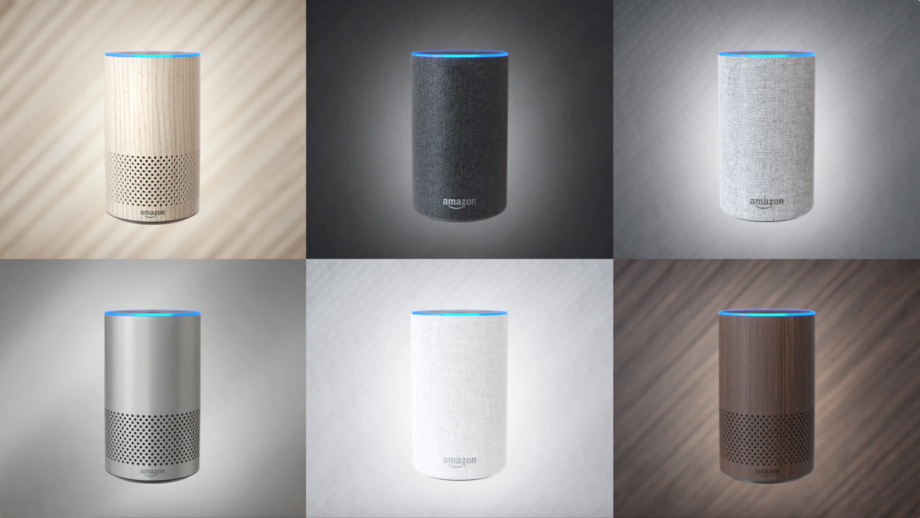Amazon patent suggests Alexa could listen outside the wake word

One of the problems with Alexa, Amazon’s voice assistant, is that it requires a very prescribed style of dialogue to know that it’s being addressed. Most UK dialects have the name at the end of the sentence – if at all – but try that with Alexa and it’ll lead to the Echo listening after the actual instruction has passed.
In other words: “Alexa, turn on the lights” works, while “turn on the lights, Alexa” does not. But Amazon is considering a way of addressing this, according to a patent uncovered by Buzzfeed.
This in effect would mean that Alexa would be listening all the time, but would only store between ten and 30 seconds of audio locally before deleting it. If it heard the word ‘Alexa’ without anything after, it would be able to retrace the audio to see what it missed.
The patent even covers more complex examples of speech where there’s information before and after the wake word: “Play some music, Alexa – the Beatles please,” for example.
Related: Google Home vs Amazon Echo
While it may better reflect how people speak, it’ll doubtless raise privacy concerns that Amazon is always listening. At least with the current setup, you can be sure that Alexa is only listening when you want – even with the deletion safeguards, this could well make people feel uneasy. And historically, there has been good reason for this.
Amazon was quick to point out that this is purely hypothetical at the moment, anyway. “The technology in this patent is not in use, and referring to the potential use of patents is highly speculative,” the company told Buzzfeed, adding that patents don’t always reflect “current or near-future states of products and services.”
Does this sound a better way of talking to virtual assistants, or would you prefer to preserve the wake word? Let us know what you think on Twitter: @TrustedReviews.


